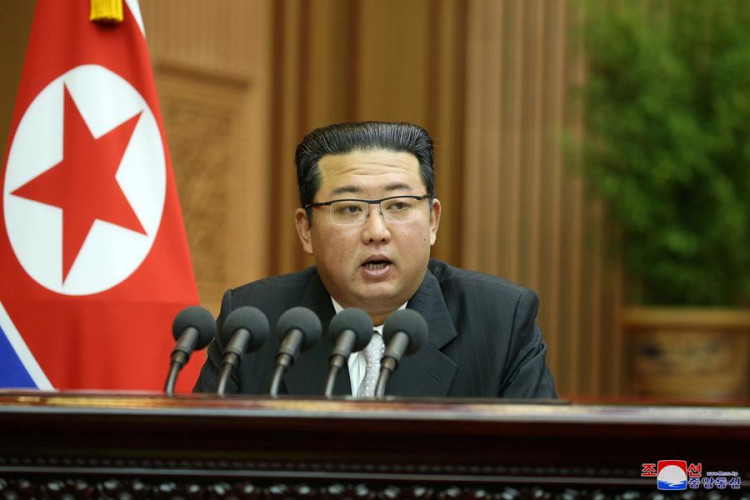North Korea, faced with economic challenges and the tightening grip of international sanctions, is pulling the shutters on multiple embassies around the globe, indicating a significant recalibration in its foreign policy and diplomatic outreach.
Insiders and experts in South Korea, including a ministry official, believe that North Korea's sudden move to close its diplomatic missions reflects a dwindling financial reserve and emphasizes the effectiveness of the sanctions in place. The official commented on the situation, stating, "The North struggles to sustain the minimum diplomatic relationship with its traditional allies due to its difficult economic situation."
The embassies in Angola and Uganda, countries that have been allies of North Korea since the 1970s, have confirmed their closures through official announcements on state news outlets Rodong Sinmun and Voice of Korea. Angola and Uganda historically provided North Korea with sources of foreign currency through collaborative ventures like statue-building projects. Moreover, the Spanish Communist Party declared that North Korea's diplomatic responsibilities towards Spain would be transitioned to Pyongyang's embassy in Italy.
With the embassy shutdowns, North Korea seems to be in the midst of "one of the country's biggest foreign policy shakeups in decades," observed Chad O'Carroll, the founder of NK Pro, a website that closely monitors North Korean activities. This strategic retreat from the international stage impacts diplomatic relations, humanitarian projects in North Korea, and possibly the nation's ability to gather illicit revenue.
The severity of this diplomatic scale-down can't be overlooked. A potential closure of a dozen embassies would mean that nearly a quarter of Pyongyang's global outposts would be shuttered. This comes at a time when North Korea, under the leadership of Kim Jong Un, has been actively seeking partnerships with countries opposing Western dominance. Notable diplomatic engagements included Kim's meeting with Russian President Vladimir Putin in Moscow and hosting a Chinese delegation.
Despite maintaining formal ties with 159 nations, North Korea only had 53 overseas diplomatic missions, which included consulates and representative offices. With the recent pullouts, this number is expected to further decline. This contraction in diplomatic outreach may also be influenced by recent incidents like the 2019 break-in at the North Korean embassy in Madrid, where intruders bound staff and made away with electronic equipment.
North Korea's portrayal of the incident was of a "terrorist attack" and a violation of its sovereignty. They further criticized the U.S. for a perceived lack of a thorough investigation into the event.
The current wave of embassy closures, combined with Pyongyang's deepening isolation and the global community's persistent sanctions, paints a picture of North Korea recalibrating its international strategies and attempting to navigate its economic challenges.





